Akron water bills to increase 60-80% next year. Here's why the rate is going up
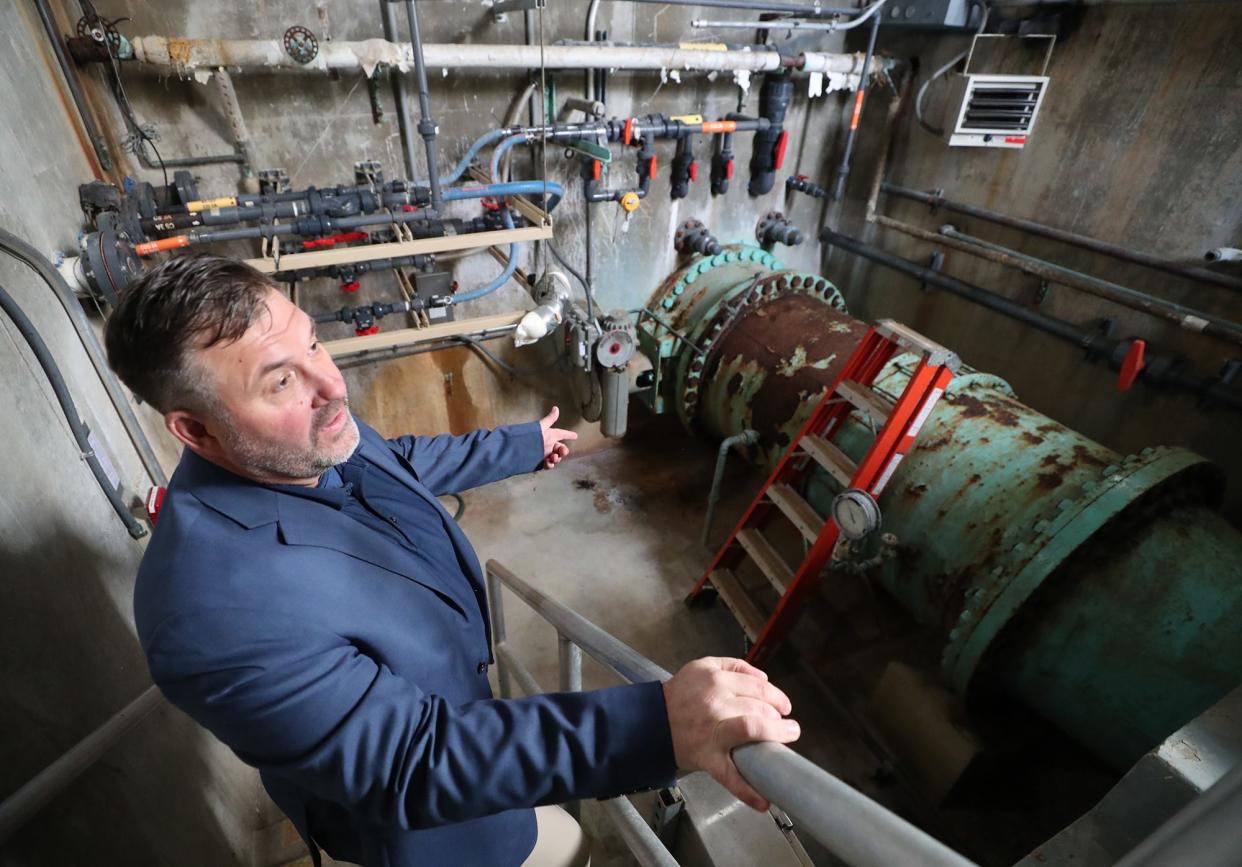
Water bills in Akron will jump $10 to $11 a month for most residential customers next year.
Akron Mayor Dan Horrigan announced the upcoming rate hike on Thursday.
Akron last adjusted water pricing in 2017 by upping the flat billing fee from $3.75 to $4 a month, a move that generated about $250,000 more in water revenue annually. But this will be the first rate or significant fee hike of Horrigan's two terms as mayor.
The increases takes effect in January after he leaves office, giving his successor more resources to maintain and improve the city's aging water infrastructure.
Most customers can expect to see 60-80% higher water bills beginning in February.
A new infrastructure fee of $9 will be added to the average bill, which will continue to include the $4 billing fee. The cost per each hundred cubic feet (hcf) of water, or 748 gallons of water, will increase 33 cents to $3.06.
The city estimates these changes, along with cutting a middle tier based on usage in the current rate schedule, will raise $15 million more in annual revenue, a 55% increase over the $27.5 million collected now.
A Beacon Journal analysis shows about two-thirds of the additional $15 million comes from more than doubling fees. Instead of a flat $4, regardless of whether the account is for a single-family home or the Coca Cola Bottling plant in Twinsburg, the new infrastructure fee goes up with the diameter of pipes feeding water to homes and businesses. Nearly all residential properties are serviced by 1-inch or smaller pipe – the lowest fee of $9 on the newly proposed schedule.
The extra income must be used for the operation and maintenance of the water system. The system branches out from the gravity-fed water supply plant near Lake Rockwell in Kent to the Goodyear Heights Reservoir and on to every home and business in Akron. Peripheral lines feed communities that wholly or partly rely on Akron water, including Tallmadge, Stow, Copley, Fairlawn, Coventry, Hudson, Mogadore and Springfield.
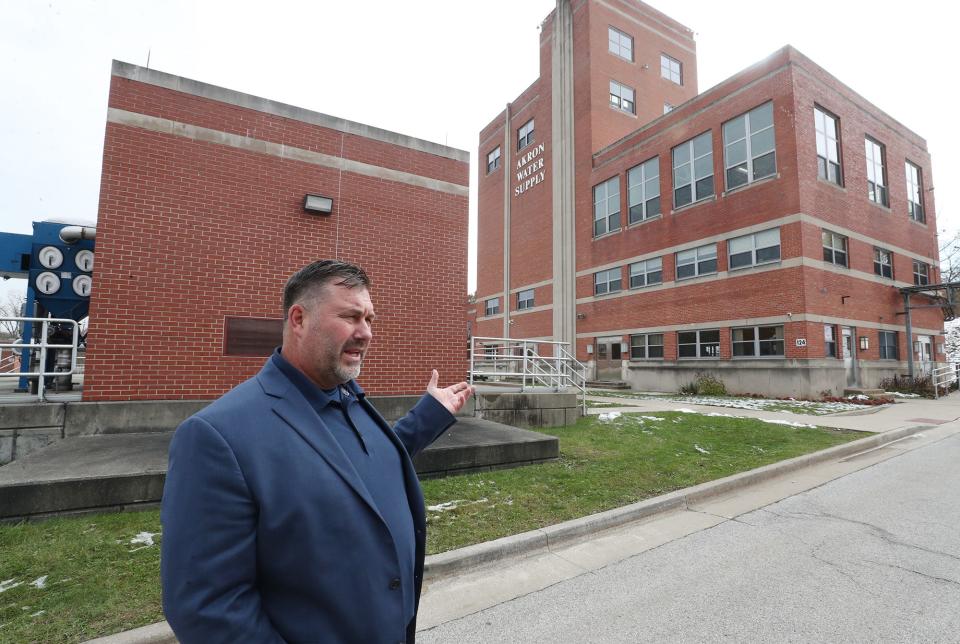
All told, about 300,000 people get Akron water from their taps.
To keep it reliably flowing, Horrigan has planned $300 million in projects through 2027 for his successor, Mayor-elect Shammas Malik.
There’s no need to seek council’s approval for the rate and fee hikes. The City Charter allows Public Service Director Chris Ludle to unilaterally adjust rates to meet operational needs.
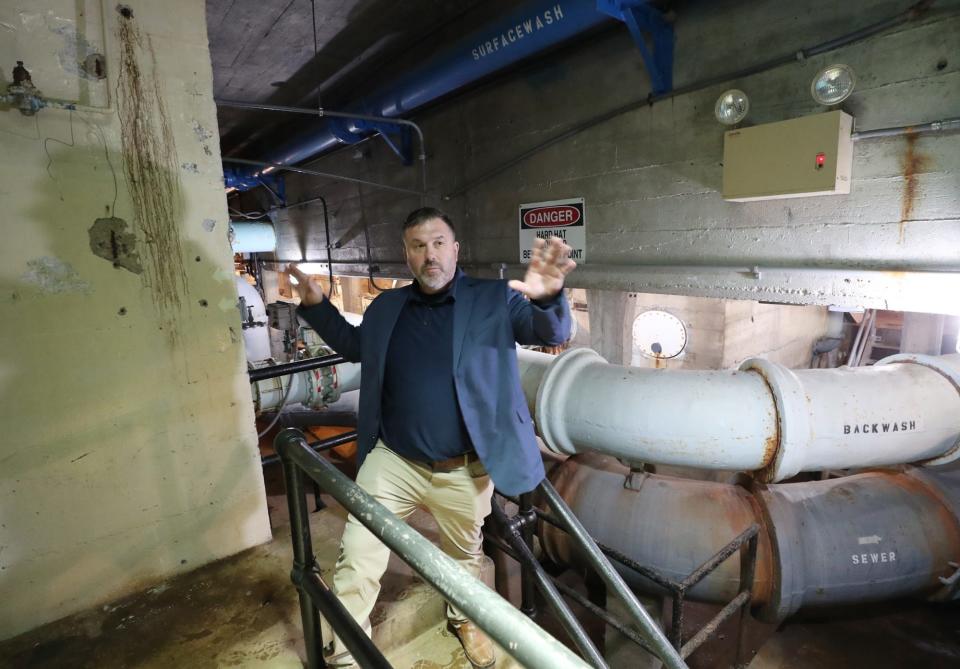
Malik is in agreement with Horrigan on the need raise revenue. He'll be watching the impact of more costly water.
"Our new administration is going to closely monitor the implementation of the newly restructured rates. If there are changes needed, we will make those as appropriate," Malik said.
How will the city spend the extra revenue?
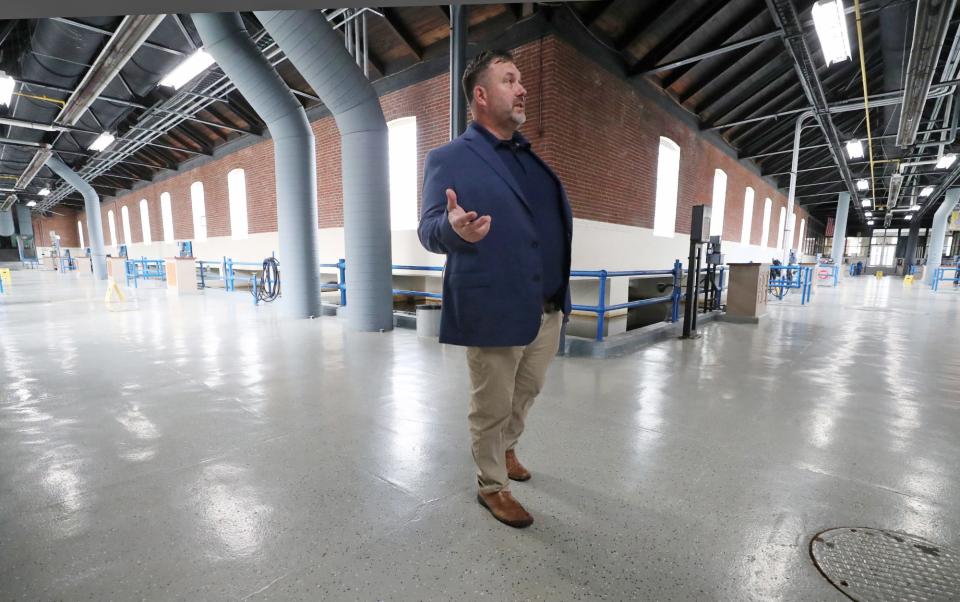
The increase comes with a restructuring of how customers are billed. Most commercial and industrial accounts will see higher fee and rate increases than residential users as Horrigan aims to more equitably distribute the burden of fixing pipes, pumps and buildings that have lasted 100 years or more.
The extra revenue would cover decades of repayments on low or zero-interest loans that finance:
A $35 million reconstruction of the Brittain Road Reservoir, which is 110 years old.
A $40.2 million filtration plant overhaul at the Akron Water Supply facility in Kent.
Regular replacement of water mains, which cost more than $1 million per mile. About 350 mains fail annually, each costing up to $6,000 for an emergency repair.
A total of $100 million in emergency lines to connect with other municipal water supplies, including Cleveland’s water.
The replacement of the last 2,550 lead service connections, putting Akron ahead of its peers in eliminating a decades-old public health scourge linked to developmental disabilities in children.
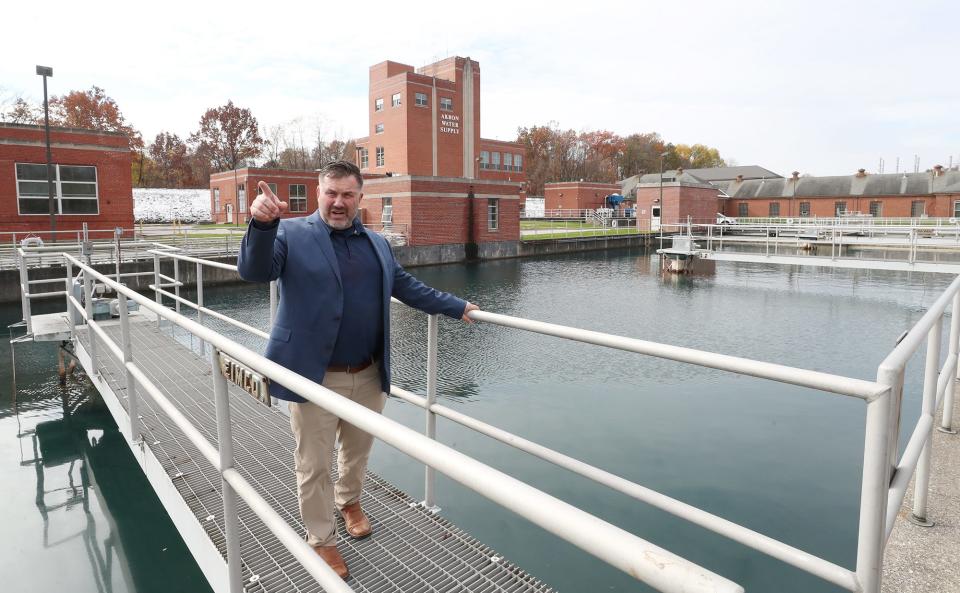
Will sewer rates also increase?
For eight years, Akron customers have been feeling the pinch of sewer rate increases that went into full effect before Horrigan took office.
As the massive sewer overhaul project winds down, the city will have to borrow for a new Northside Interceptor Tunnel, which Akron officials hope a judge allows to be built smaller and cheaper than originally planned, and perhaps a wastewater treatment plant on the banks of the Little Cuyahoga River, which Horrigan is trying to convince a judge doesn’t warrant the economic or environmental justification to be built at all.
Debt payments on these two projects, if both must be done, wouldn’t come due for years, so Horrigan and cabinet members are promising no sewer rate increases for at least the next 14 months.
“There will be no increases in 2024 to the sewer rates,” Ludle said.
How do Akron's water and sewer rates compare to other cities' rates?
The city hired Raftelis, a management consulting firm that works with governments, to assess the condition of Akron’s water and sewer systems and the growing cost to maintain and upgrade them.
The city went back and forth with the firm on options for an equitable and reasonable adjustment to customer bills. Using a water and sewer rate survey from the American Water Works Association, the city found its current charges for sewer were, on average, 31% lower than what municipal customers are paying to flush their toilets in Cleveland, Youngstown and Cincinnati, but still 12% higher than the going rate for the Midwest region.
On water, Akron is cheaper. A customer using 5 hcf per month – the higher end for the average residential account – would pay $28.30 a month for water after the increase compared to $17.65 today. The rate hike would put Akron just above the Midwest average of $27.75, according to the American Water Works Association survey.
What discounts will be available?
Horrigan blocked an effort by Councilman Russ Neal in 2017 to extend sewer bill discounts to renters.
City discounts for water, sewer and trash collection go only to property owners, not renters, who qualify by age and income for the state’s Homestead exemption on their property taxes, or by income for the Ohio utility assistance Percentage of Income Payment Plan and federally funded Home Energy Assistance Program (HEAP).
With the higher water bills, Horrigan is launching the Akron Water Bill Assistance program.
The Akron Water Bill Assistance program allows account holders, including any income-eligible tenant with a written lease or rent-to-own contract, to apply for an ongoing 40% discount on their monthly water bills, which landlords often pass along to their tenants or bake into the rent.
The program is not to be confused with Akron Cares, which will continue with support from the extra water billing revenue. Akron Cares offers one-time relief to eligible account holders who fall behind.
Water Supply Bureau Manager Jeff Bronowski said the city believes that extending water discounts through HEAP could benefit 19,000 tenants in Akron, making renting to lower-income tenants a little more affordable for landlords.
Mayor-elect Malik said extending water discounts to tenants is "a welcome change."
"If it's successful," he said, "we should definitely consider" the same renter-discount for sewer bills.
Will water rates go up in Tallmadge, Stow, Hudson and Copley?
Entire communities that get drinking water from Akron, like Tallmadge, Stow or Copley, never got the full discount of being a bulk buyer.
Under the old rate structure, industrial users got a 53% discount on every gallon used over 5,000. Akron, however, negotiates markups for entire communities that get their Akron water through a single meter. Stow pays 15% above the bulk price, which is going up from $1.29 to $1.53 for every gallon over 5,000 under the new rate structure. Copley and Tallmadge pay 22.5% more. And Hudson, which has no joint economic development zones to share income tax revenue and services with Akron, pays a 75% markup.
Those premiums will continue as the city sits down to renegotiate new percentages with communities.
Reach reporter Doug Livingston at dlivingston@thebeaconjournal.com or 330-996-3792.
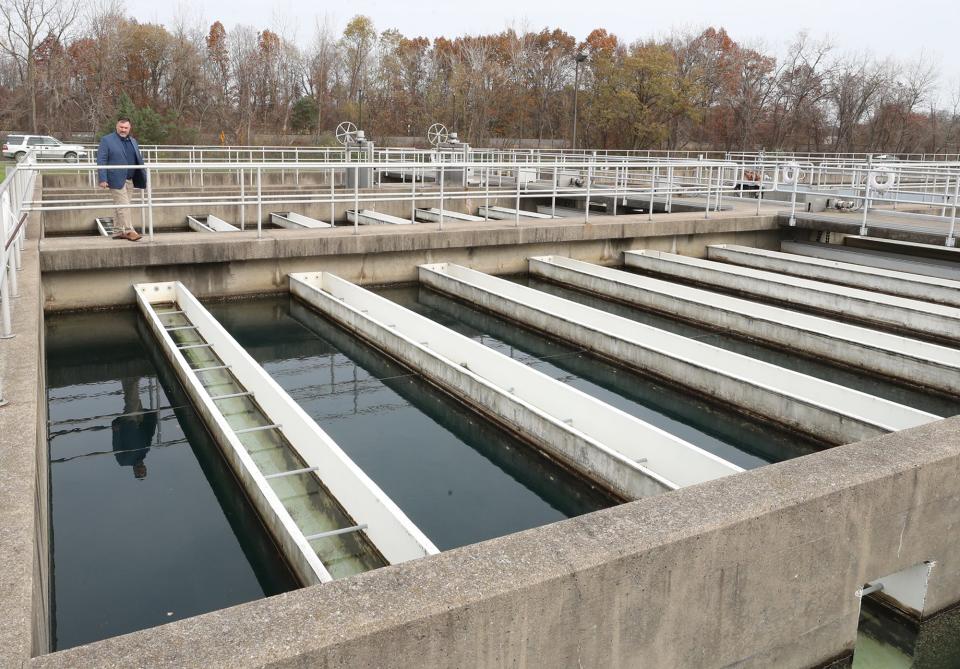
This article originally appeared on Akron Beacon Journal: City of Akron raising water rates for residents
